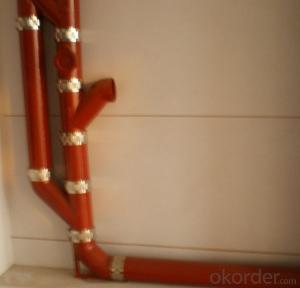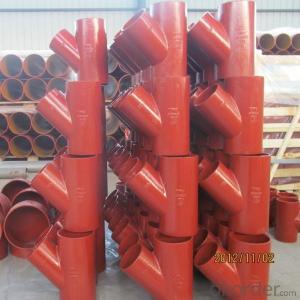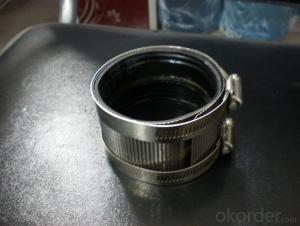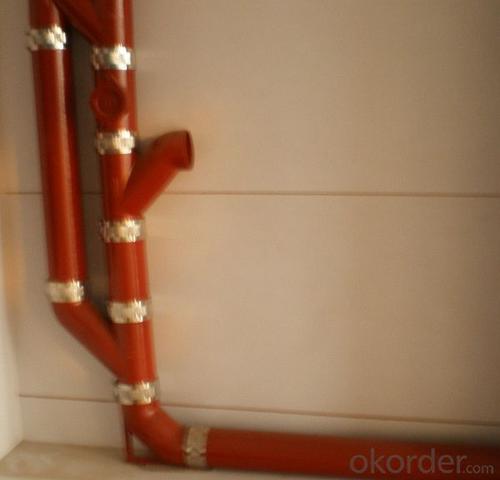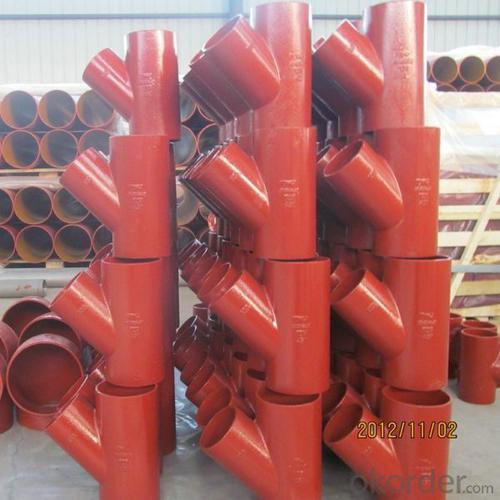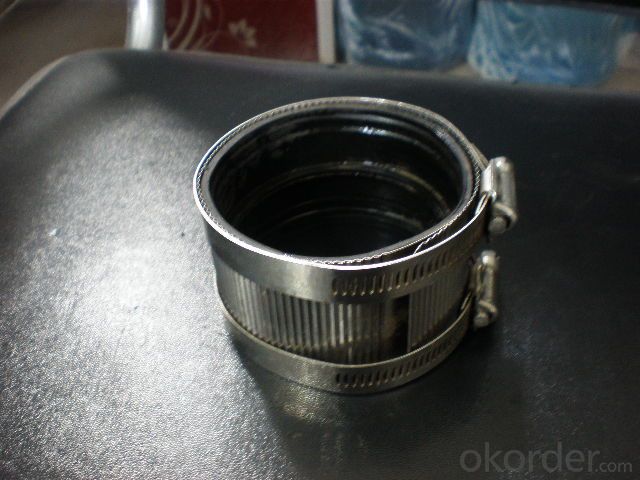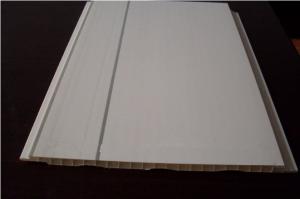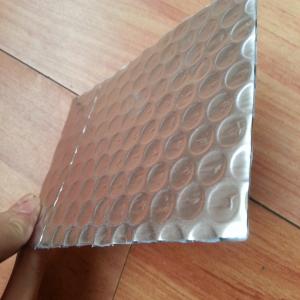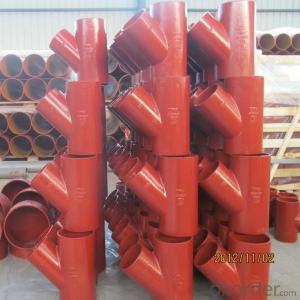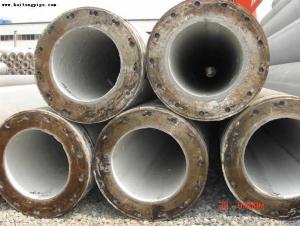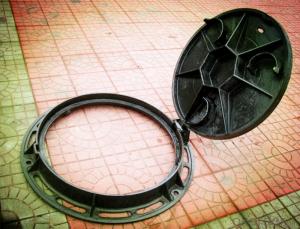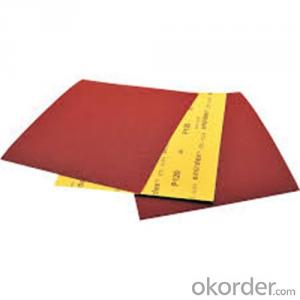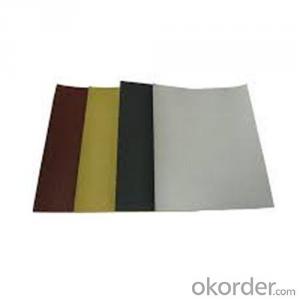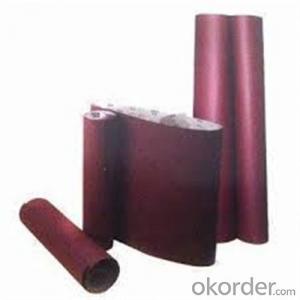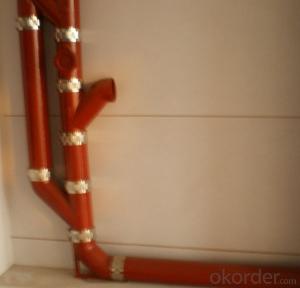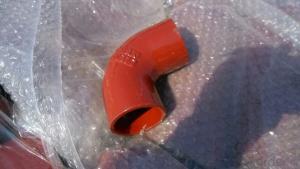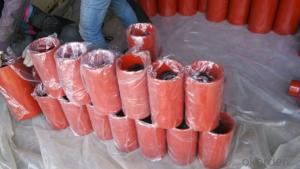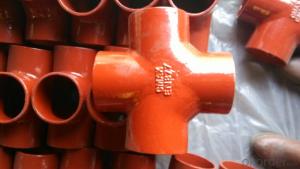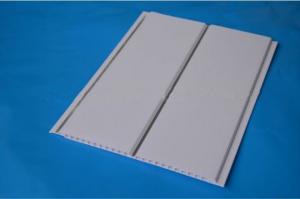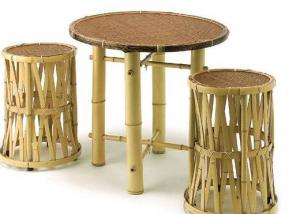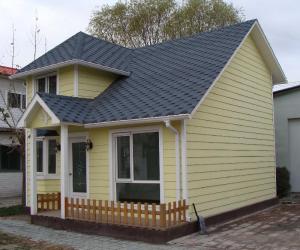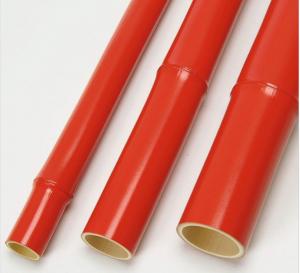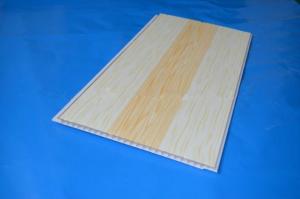FITTINGS CAST IRON
- Loading Port:
- China Main Port
- Payment Terms:
- TT OR LC
- Min Order Qty:
- -
- Supply Capability:
- -
OKorder Service Pledge
OKorder Financial Service
You Might Also Like
Made from 100% recyclable materials, CMAX epoxy cast iron pipe systems are not only environmental friendly, but also satisfy many properties necessary to withstand the aggressive conditions both internal and external of the pipes and fittings: these properties include its excellent resistance to abrasion, corrosion, impact and fire. CMAX also has low noise transmission compared to common UPVC drainage pipe systems. CMAX is designed as long lasting building materials.
Standard:
CMAX epoxy cast iron pipe systems with nominal size between 40-300mm comply with BS EN 877.BS EN 877 guarantees the quality of the materials, dimensions and tolerances, mechanical properties(like water pressure, tensile strength and brinell hardness) appearance, and the standard coating for the epoxy cast iron pipes, fittings and couplings.
Strength:
Iron is well known for its strength and abrasion resistance. The shape and impact strength of CMAX products are unchanged under exposure of sunlight and weathering, while UPVC and PVC pipes would soften, deform and become brittle under intense temperature change.
Quiet:
CMAX’s sturdy and dense properties reduce pipe vibration a silent drainage system.Studies had proven iron is the quietest material out of all other common drainage system.
Non-Toxic and Non-Combustile:
No toxic gas will be emitted from CMAX in the event of fire. Iron is also non-combustile,so epoxy cast iron pipes and fittings are recoverable after fire.
Anti-Corrosive:
All CMAX epoxy cast iron pipes and fittings are internally and externally finished with corrosive resistant epoxy coating to prevent fouling and corrosion. The epoxy on CMAX epoxy cast iron pipes and fittings provides an excellent exterior under humid and tropical conditions.
Coupling:
Lightweight couplings are specially engineered to guarantee a strong, quick and easy connection between CMAX pipes and fittings. Made from stainless steel with rubber gaskets, the coupling match pipe and fittings non-corrosive properties.
- Q: What kind of offense can prevent you from getting a texas real estate license?
- go okorder it shows you the requirements. the answer is lots of reasons
- Q: I have been considering the military for some time now, and I have focused on going into the Navy. Now my dad seeing as though going into the military is a waste of time and I won't be making that much when I start out. The last part is true since I looked at the pay grades, they're like from $1426 to $2637.Now my dad has been trying to get me out of going into the military and says Real Estate makes more that what military offers by a substantial rate. I don't believe that, but I would like to get an answer from both sides to see which is right. I want to go into the military, but I also like making more money (hell everyone does). So please help me and thanks for taking the time to actually read this!
- If you have a Bachelors Degree then you can become an officer and they make a lot more. Also, you need to look at the net worth. Yes an E-3 might make 25,000 a year but that's after tax and he/she isn't paying for housing, insurance, etc. So you live like you're making 45,000. You also get the GI Bill which pays for college if you've gone, if you haven't gone to college then you can take college courses online for free while in the Navy and after the Navy. My mother went to Eastern Washington University and is still paying back loans, it has been quite some time since she's been there, and that university isn't that expensive. So if you're young and you join then you will make more salary than most 18-24 year olds, not including net value and the fact you're not paying back college. If you feel a strong sense of patriotism then serve in the military, I guarantee you will make much more of a difference for this nation and yourself. You could join the Navy and serve 4 years, then get out and do real estate. You can also buy a house for $0 down, I have a friend who did that after he got out of the Army. I would say it comes down to do you want instant gratification (money and head start on career) with Real Estate, or do you want more pride and discipline, free college, then gratification? I hope this helped.
- Q: Hello real estate brokers and investors everywhere! I'm 22 y/o and i want to get into the real estate business. first and foremost, i wanna know if you NEED to become a real estate broker before becoming an investor? because the way i see it, being a broker is a great advantage for an aspiring investor in real estate because it can make you learn about all aspects in this type of business. correct me if i'm wrong though. I have no knowledge about these things so the correction and additional info are greatly appreciated. Thanks.
- Join a Real Estate Investors Club in your area.
- Q: How did the Housing Crisis trigger the Commercial Real Estate Crisis?
- Primarily 3 causes: 1. Demand for space: as the housing market crashed, jobs in the construction and real estate industries dried up, decreasing demand for office and industrial space that housed those companies and companies that support them. And as people saw the value of their houses plummet, they cut back discretionary spending, reducing demand for retail space. 2. Land prices: reduced demand for land for housing had an indirect impact on the value of land held for commercial development, as did lack of demand for new commercial properties (see #1) causing the value of land held by developers to plummet and erode their net worth. In desperation, developers sold land for whatever they could get for it to raise cash to pay down debt, causing further reductions in prices in the meantime. 3. Availability of credit; last but not least, as banks and other lenders started seeing the economy contract and losses from housing loans starting to pile up on their books, they (and the regulators) took a conservative stance on all real estate lending. It then began a spiral where lack of credit caused lower values, which caused loans to be called or not extended, which caused values to drop, which caused more loan defaults.
- Q: Would a real estate Company hire a new person out of college with good grades? Would they be hiring around this time since the economy is not doing good? I mostly see older agents do they hire young agents? thanks!
- In real estate you are an independent contractor so technically a company does not hire you in the traditional sense where you have to answer to the company like you would as an employee. A brokerage will take you in and allow you to hang your license with their brokerage for a fee or percentage of your commissions. These vary from company to company. I got out of college, worked a couple of years and decided to get my RE license a year ago. There is an incredible amount of information to take in and you have to plan on budgeting 9-12 months. I didnt have my first sale until I was about 6 months in, however now I am very busy and have closed multiple transactions in the previous 3 months. I would suggest going to realtor.org and other RE sites and start reading as much about the industry as possible. Go to the bookstore and buy a few books also. I am 28 and am 10 years younger than any of the other 60 agents in my office. I look at this as a good thing because all of those agents will be retiring ahead of me more business to snag. Also, I will be more experienced than my peers when they decide to join the industry. If you do get your license, you will be recruited by RE companies. Choose the one that will provide the best training and support. This is very important for your sucess. If you can, I would try and become an assistant for someone you can teach you the business, however that may be hard to find during this recession. As far as your college education, it probably demonstrates that you are a smart enough person to work your way through this business. Also, you contacts are going to be your main source of business and referrals. This is a stressful career with peaks and valleys of success, but if you manage your time and work hard, consistently you will succeed as I am now doing in my own business. Good Luck
- Q: Is is best to have some sort of college degree when getting into real estate (especially when going for a broker's license)??
- You don't need a degree for real estate, but you might want a degree if you decide to do something else in your life later. Rather than throw your life into one basket (and the real estate market is quite dismal now), why not get an education so you have many more doors open no matter what you decide. You could probably even do real estate on the side while you are in school if you need the money now!
- Q: I'm 20 years old and a junior in college, my dad told me that most real estate investors that have become millionaires didn't go to college. How true is this, is it really that easy to get a loan and invest in real estate? I've read 4 books on real estate and attended a few seminars so far in the past 3 months as well as seen a few properties with potential for profit. The concepts seem pretty easy, the only thing I see is that its a lot of hard work. My dad has one rental property and my uncle just got one and it looks quite easy. Don' get me wrong, I know I have to roll up my sleeves and sometimes you may not make a profit for months and that's if you make a profit at all, but I want to know from someone who has experience, given the time and effort, could somebody strike it rich off real estate more easy than other fields? And is it more possible for any person who makes the effort or only few people have that special talent?I would definitely love to work for my self.
- You don't strike it rich you get rich very very slowly. Getting started for most is very hard, first you buy a house to live in then try to buy another to rent out but you can't get a second loan. So you might move out of your house and rent it out. First time landlords make a lot of mistakes like trusting judgement about people instead of background checks and credit checks then when the tenant doesn't pay listening to excuses instead of starting evictions, most quit at that point. If you learn the landlord business you will be negative cash flow for years. Buy a house with say 1,000 mortgage and rent it out for 1,000 and you still have to pay for repairs and cover empty months etc. Raise the rent every year and in about 5 years you might break even so you support the rental house from your paycheck and save for a second rental. You can refinance if prices are up and refinance your home to get a down payment on a second rental. You might be 10 years into landlording before you have any profit monthly but if you were to do nothing else but buy and hold a few rentals after the mortgages are paid down or even before you will have cash flow and raise the rent every year. I know one couple who started with a run down 2 bedroom house cheap who now have 50 rental units but it has been 30 years not get rich quick and they and their children worked a lot of time cleaning and fixing things. They both work full time dealing with the rentals now.
- Q: I drive my parents car but i am not insured, now that i've joined a real estate firm, they want me to have them as an additional insured. So what can I do now?Do I have to get insurance under my name? And how much would it cost to get the firm as an additional insured?
- I would probably want to know why this real estate firm wants coverage on insurance you purchase?. that would cost you a small fortune. And why don't they have their own insurance as most companies do?
- Q: I was wondering how much a real estate earn? Is it really worth it? I heard they can become millionare's I really love the job but im afraid the money won't be enough?
- As with any sales job, how much you earn depends on how dedicated you are, how aggressive, and whether you have a knack for selling. You can decide to be a buyers agent primarily, a listing agent primarily, or both. Or, you might decide to do appraisals - which are hot in this foreclosure market. You can make 40 bucks a pop - just taking pictures and filling out forms. A commission on a house might be a few percent, which you'll split with the selling or buying agent. If you sell a couple of $100K houses a month - maybe do some property management, put a couple of buyers in a house, maybe do some foreclosure work - you can make a decent living. Doing real estate full-time is a good gig. The realtors that I've been able to observe work really hard. The ones I know like to pretend that they aren't working all that hard - that they are sleeping in, driving fancy cars, are effortlessly successful, etc. But in reality, they are fielding early morning calls, late night calls, working on weekends and holidays, and always chasing the sale. They really have to hustle to make money and are on call 24 hours a day. Personally, I don't think it is a great idea to do a job only for the money. You should like real estate - like houses - like putting people into them. If you don't, then maybe you can find something else that you like, then figure out how to make money doing that. There are a million ways to make money - but when you go to a job that you hate - you'll feel like you've aged a million years. Find something that you like and then make money doing that. Good luck!
- Q: I was considering being a real estate agent and I was wondering how much they made anually
- It all depends on how Meany properties you sell on average a real estate agent makes 6% on the total selling price of the property.
Send your message to us
FITTINGS CAST IRON
- Loading Port:
- China Main Port
- Payment Terms:
- TT OR LC
- Min Order Qty:
- -
- Supply Capability:
- -
OKorder Service Pledge
OKorder Financial Service
Similar products
Hot products
Hot Searches
Related keywords
